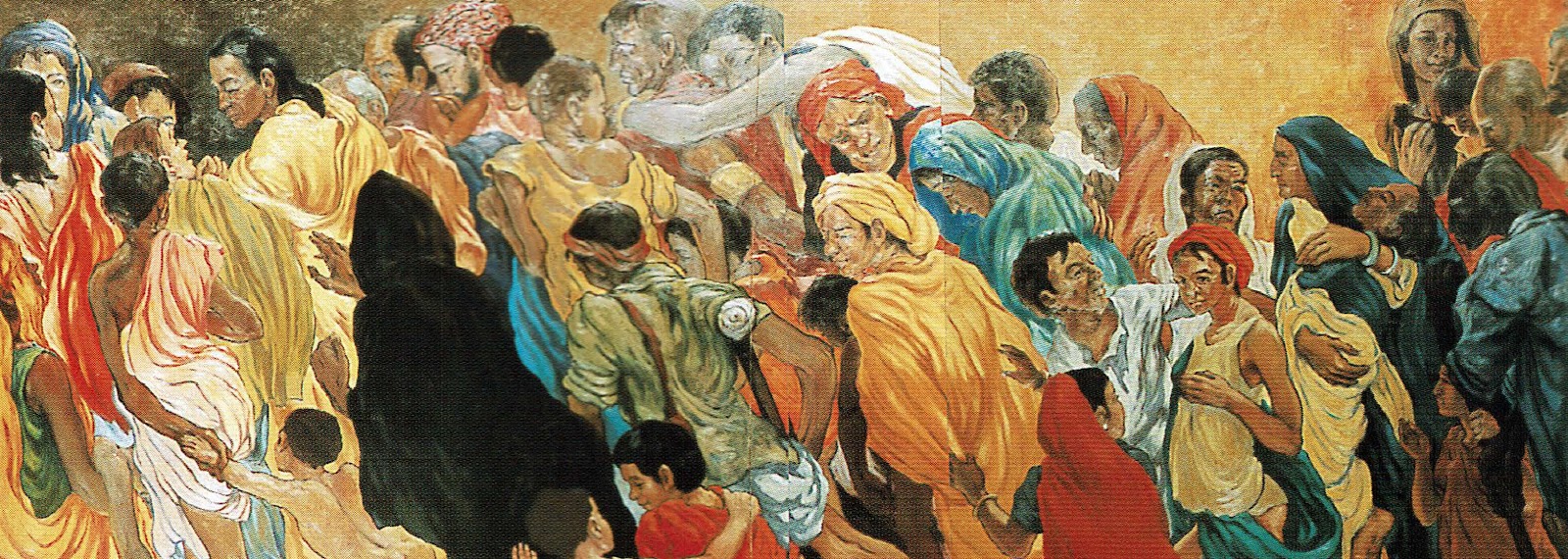What do I think about Sunday's lection from Matthew? As aphorisms (one-liners) from Jesus, I believe these reflect his particular bias for those whose only hope is God. The stranger who needs our welcome, especially the little ones--orphaned children who were considered nobodies. The most vulnerable, for whom the Kingdom of Heaven is for.
As a Jesus tradition orally transmitted, these aphorisms serve as a daily reminder to care for others. And caring for others does not mean big acts of generosity, but little acts of compassion--a cup of water, a piece of barley loaf. Love is always in the details.
As a part of Matthew, specifically of chapter 10, it acts as another chord in the hymn of Immanuel that permeates the whole gospel. What does God-with-us really mean?
We often forget that the best way to experience God's presence in our lives is to be God's presence in someone else's life. Yes, an offering: a cup of water or a piece of barley loaf.
*photo from UNICEF
#ChooseJustice
#GodWithUs
#JusticeForMyanmar
#FreePalestine





.jpg)
.jpg)


